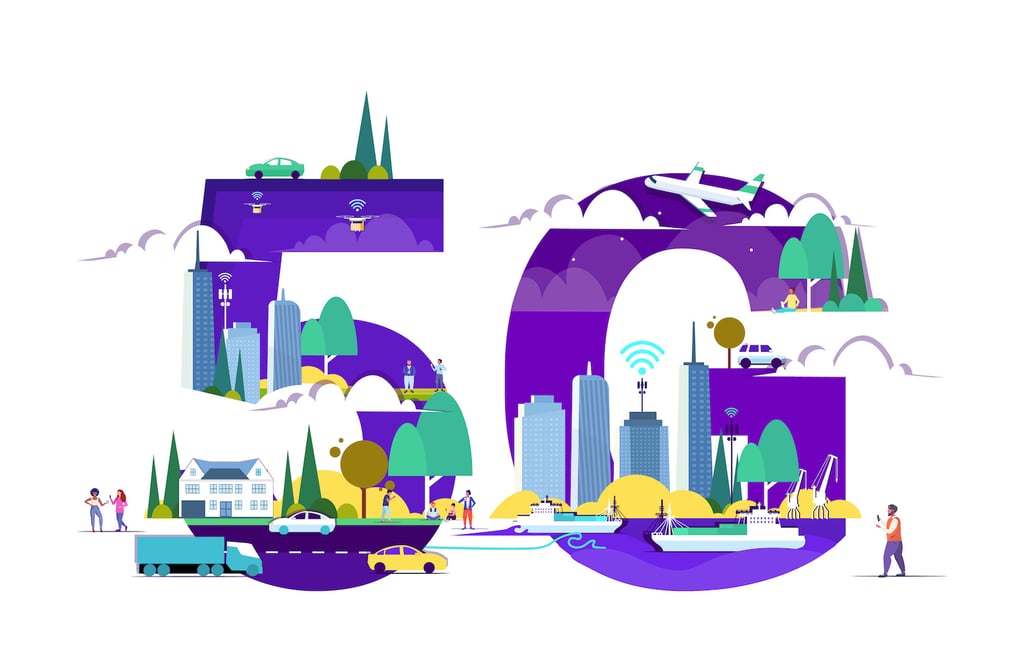
Top Predictions for Enterprise IT in 2014

A tremendous amount has been written during the past 24 hours about the eviscerating of the net neutrality rules by the United States Court of Appeals for the District of Columbia. An extremely well-done review of the issues and commentary on the reasoning behind the court’s decision and a hint at a way forward is in a piece written by Mathew Ingram at GigaOm.
Net neutrality is the set of rules that have governed the Internet to this point. They guarantee that broadband service providers act like the mail and handle content in a non-discriminatory manner. The absence of these rules in essence puts the fox in charge of the chicken coop.
Several bottom lines are outlined in Ingram’s commentary, which brings in many outside voices. At the end of the day, the court wasn’t saying that net neutrality or its goals are bad, but simply that the Federal Communications Commission (FCC) established the rules in a way that isn’t legally supportable.
The problem is pretty simple: The FCC categorized the Internet as an information service, not a common carrier. But, when it imposed net neutrality rules, its justification was derived from the rights and responsibilities of common carriers:
As a number of observers have explained — including Jeff in his Gigaom piece — the court’s decision wasn’t based on a belief that net neutrality itself is a bad thing, but a view that the FCC implemented its rules in a legally questionable way. If it wanted to prevent ISPs from giving preferential treatment to certain content providers, the communications regulator could have defined internet service providers as “common carriers,” as it did with telecom companies — but the FCC didn’t do that.
Furthermore, the commentators say that the FCC can appeal, but that it is unlikely that the decision will be reversed. The thinking simply is that the decision was obvious and the FCC blew it.
Infoworld’s Grant Gross also wrote a good story on the decision that tackles the all-important question of what comes next for net neutrality. He also is skeptical of the chances of a successful appeal, though he is not quite as dismissive as the commentators in Ingram’s piece.
The small silver lining for net neutrality proponents is that the court upheld the FCC’s essential right to oversee broadband. The decision simply said that it was going about it in the wrong way. Besides appeal, or if an appeal fails, Gross suggests three possible steps forward: Asking Congress to empower it to regulate broadband, reclassifying broadband providers as common carriers, and encouraging the government and the ISP industry to negotiate a new set of rules.
The first and perhaps second options likely are non-starters in the current political environment. That leaves throwing the dice in an appeal and, assuming that fails, working with the ISPs:
Observers on both sides of the net neutrality debate suggested the FCC’s best course of action, while not easy, may be to write new rules that establish basic protections for broadband customers. NetCompetition.org’s Cleland called on the FCC to work with broadband providers to establish compromise rules that everyone could live with.
The decision will not change things overnight. Indeed, net neutrality proponents can take a small measure of comfort in the fact that giant Comcast will work under the old rules until at least the end of 2018. NPR and other sites report that the company made the pledge to maintain the status quo as a condition for the acquisition of NBCUniversal.











